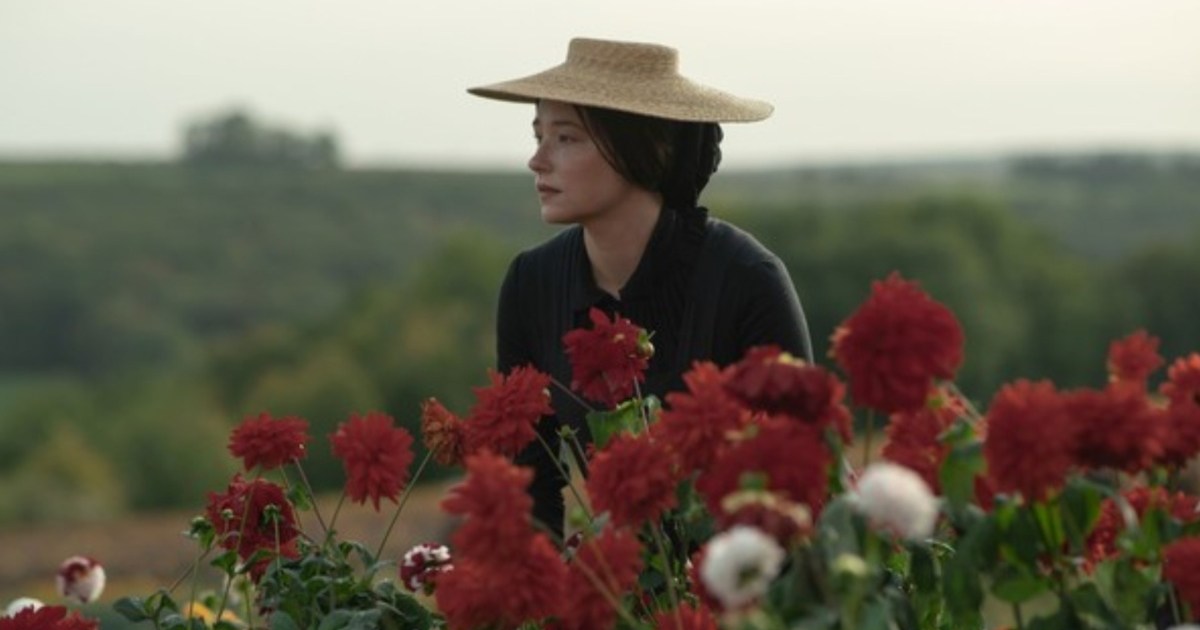Is Widow Clicquot inspired by true stories and real-life events? That’s the big question fans have been asking since the movie’s release. The film features Haley Bennett as Barbe-Nicole, defying societal norms and shaping her legacy in 18th-century France’s male-dominated champagne industry. Following its streaming debut on Netflix, viewers’ interest in the movie’s backstory is heating up.
Here’s what we know about what inspired Widow Clicquot.
Does the Widow Clicquot movie follow a true story?
Yes, the Widow Clicquot movie is based on real-life events and follows a true story.
The Widow Clicquot is an almost 1-hour 30-minute film that dives into the real life of Barbe-Nicole Ponsardin Clicquot. She was a pioneering businesswoman in 19th-century France who revolutionized the art of making champagne. The film is helmed by Thomas Napper and inspired by Tilar J. Mazzeo’snovel, The Widow Clicquot.
It tells the story of how Nicole turned a struggling vineyard into a worldwide sensation. Her strength was seen in running a powerhouse Veuve Clicquot brand. After losing her husband at a young age, Barbe-Nicole stepped up to run his wine business, a bold move for a woman back then. The movie explores themes of resilience, innovation, and the quest for excellence.
The film pays homage to the real Barbe-Nicole by honoring her courage and innovative spirit, particularly highlighting her groundbreaking riddling technique that transformed champagne production. It also portrays Nicole’s biggest hurdle: persuading her father-in-law, Philippe Clicquot, to let her take the reins of the family’s struggling wine business (via The Direct).
That said, some scenes were embellished for dramatic effect, such as the fictional portrayal of François’ mental health issues, which adds a touching context to Barbe-Nicole’s journey as a businesswoman in a male-dominated society, But this wasn’t the actual case. Additionally, the movie hints at a romantic connection between Nicole and her trusted wine merchant, Louis Bohne, but historical records do not definitively support this aspect of their relationship.

